Lee Tae-won
Nascimento : 1938-03-15, South Korea
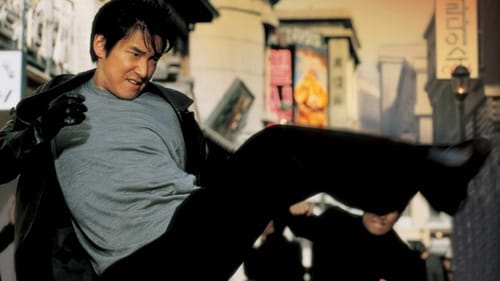
Producer
A sprawling story of one man's tumultuous life within the context of the South Korean political situation during the second half of the 20th century.
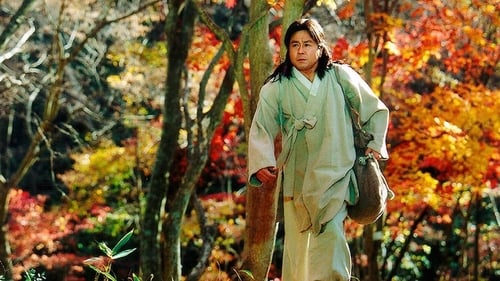
Producer
In a time of political and social unrest in 19th century Korea, uncouth, self-taught painter Jang Seung-up explores his natural talent amidst the repressive world around him.
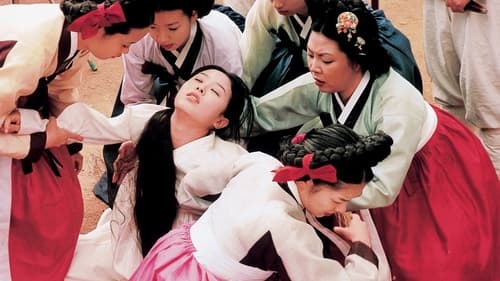
Producer
A governor's son falls for Chunhyang, a commoner, and illegally marries below his station; when he has to leave her for several years, a local official attempts to corrupt her.
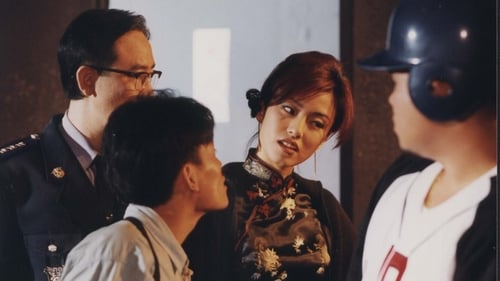
Producer
A well-known womanizer is set to marry the daughter of wealthy business man. However, on the day of the wedding, he goes missing. The police are called and begin an investigation, only to see some surprising witnesses come forward.
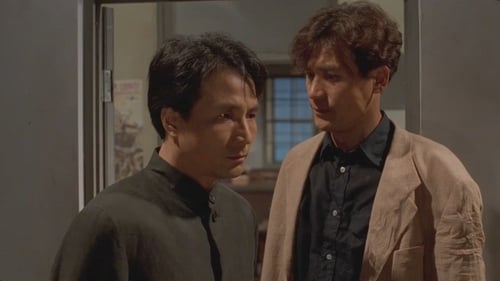
Producer
Based on the great river story, The Taebaek Mountains chronicles the lasting generational conflict between proprietors and peasants in South Korea.
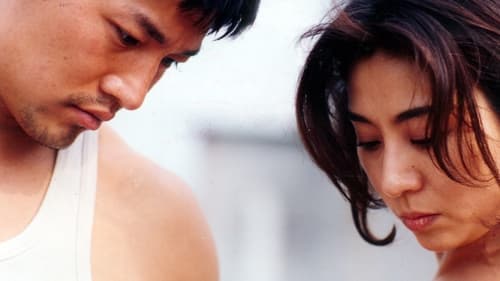
Executive Producer
A comic book store in Garibong-dong is run by a beautiful woman (Choi Myoung-gil) better known as Madam. This store stays open late into the night, thus attracting varied types of people such as gangsters and hustlers.

Producer
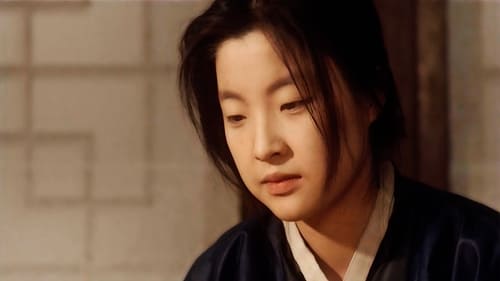
Producer
Um homem chega a uma pequena taberna na aldeia de montanha. Ele está perdido em memórias ao som de pansori cantadas pelo dono da taverna. Em sua memória, ele é jovem e Yu-bong (Kim Myung-kon), uma cantora pansori vem para a aldeia. Uma mulher da aldeia, a mãe de Dong-ho (Kim Kyu-chul), se apaixona por Yu-bong e deixa a vila com Dong-ho e Yubong. Dong-ho e sua mãe, Yu-bong e sua filha Song-hwa (Oh Jeong-hae). Mas a mãe de Dong-ho passa longe de dar à luz a um bebê. Yu-bong ensina pansori de Song-hwa e percussão para Dong-ho. Em seguida, a guerra irrompe e se torna mais difícil viver.

Producer
R returns from studying in France and reunites with J, whom he used to live with in Paris.
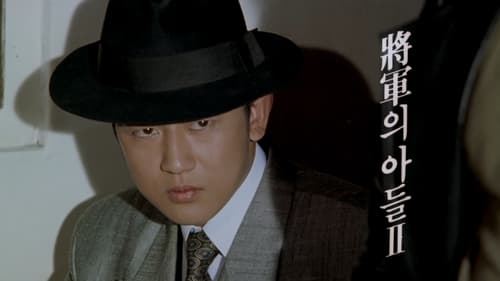
Producer
The General's Son is set during the Japanese occupation of Korea, when the oppression of the imperial rulers is escalating in the streets of Seoul. Starring Park Sang Min (Tube) and Shin Hyun Jun (Face), The General's Son is a winning mixture of fast-paced action and colonial Korean realism, which helped the film become one of the biggest domestic hits of the 1990s.
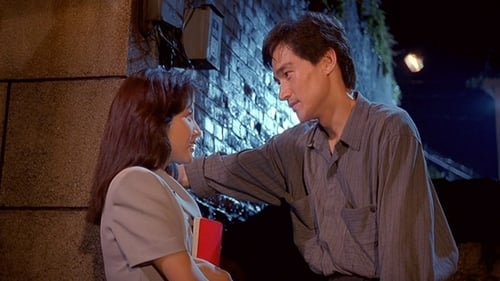
Producer
Failing to enter the university of his choice, a young man is forced to enter a local college, but a series of disappointments causes him to give up his studies and begin a life of aimless travel.

Producer
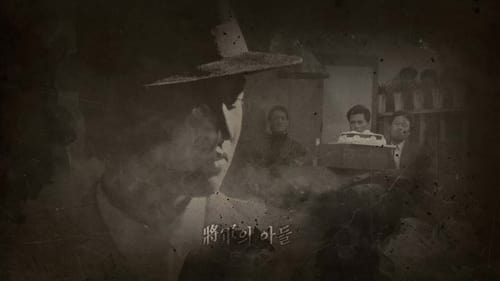
Producer
Kim Doo-han lost his mom at the age of eight and he survives on the streets as a singing beggar. His natural born fighting skills places him on the mean streets of Jongro with the kisaeng house Woomigwan at the center. He is soon recognized for his incredible strength and ability. He finds out through Shin Ma-jeok, the head of a student gang, that he is the son of General Kim Jwa-jin who fought against the Japanese army. Meanwhile, the Yakuzas expand their sphere of influence and try to take over the Jongro streets but Doo-han protects the Korean vendors of Jongro and wins their respect. When the head of Woomigwan, Kim Gi-hwan is arrested, Doo-han becomes the leader of the Jongro gang.
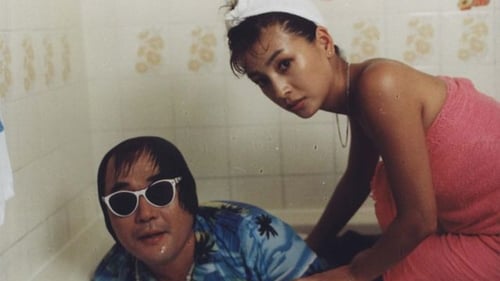
Producer
Lee Jong-se is a third-rate comedian who believes himself to be a creative genius. He desires nothing more than to be a movie director.

Producer
Young-min secretly admires Hye-rin whom he saw in a play and sends her flowers anonymously every performance of hers. However, Hye-rin marries a gynecologist Oh Seong-wu and leaves for New York.

Executive Producer
Sam-po is a gambler living without concern for how his wife will manage their houselhold without his earning money. In order to get food and provisions, his wife An-hyeob, sleeps with various merchants in the village. One of the few men she does not sleep with, a lustful servant named Sam-dol, decides to reveal her activities to her husband for revenge.

Producer
Er Woo Dong translates to "entertainer," a rough approximation of the duties of 14th-century Korean courtesan Er Yoon Chang. After a lifetime "in service," Er Yoon Chang retires to a faraway village. Meanwhile, her powerful father, ashamed of his daughter's lifestyle, dispatches an assassin to do her in. Er Yoon Chang is protected by her faithful deaf-mute bodyguard, but only up to a point.

Producer
Forced to leave their home because of the construction of a new dam which will flood their village, the eldest son in the family prepares land and money to construct a new house in Seoul for his family. However, he shirks his duty shortly after and leaves overseeing the construction of the house to his younger brother while he goes to live seperately.

Producer
Ja-young is a flutist. When her father has a child out of wedlock, her mother regards sex as a sin out of anger towards him. Ja-young grows up under her mother's exceedingly oppressive notions.

Producer
O corrupto governo Manchu ordenou a repressão dos rebeldes, o problema é que a lista de membros e cúmplices desse grupo é incompleta, por isso o general Yung, um malvado mestre de artes marciais, é enviado para recuperar o resto da lista e acabar com a ameaça dos rebeldes. Dada a extrema violência do general, três estudantes do Templo Shaolin acabará por tomar parte contra ela e contra a tirania do governo Manchu.

Producer
"Bhiksuni" was the founding work of Taeheung Film Company in 1984. Producer Lee Tae-won decided to produce "Bhiksuni" on an unconventional scale at the time and formed a luxurious lineup with director Im Kwon-taek, filming Jung Il-sung, screenplay Song Gil-han, and starring Kim Ji-mi. The film was stopped due to opposition from the Buddhist community when one-fifth of Song Gil-han's screenplays, which consisted of 170 scenes in total, were filmed. The rush film of "Bhiksuni", which was accidentally found in the warehouse of Taeheung Film Company in 2013, evokes regret that another masterpiece was almost released to be listed in Korean film history. The unfinished version of "Bhiksuni" will remain a valuable indicator in that it suggests not only the appearance of a masterpiece as a frustrated record, but also the aesthetic attitude of condensation and moderation that is difficult to find in current Korean films.

















